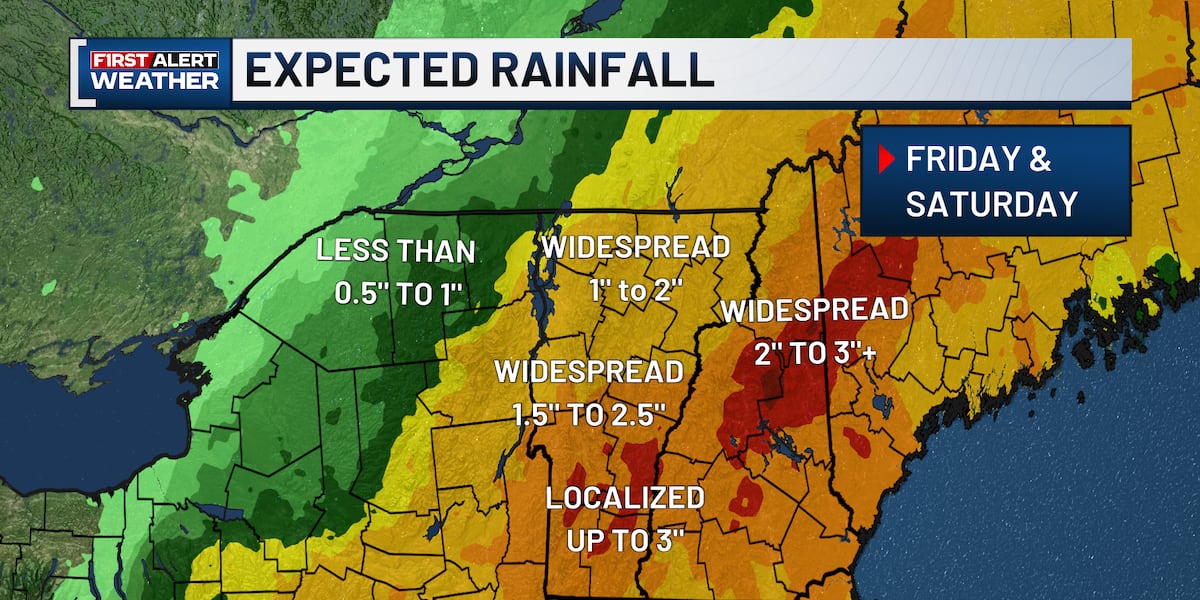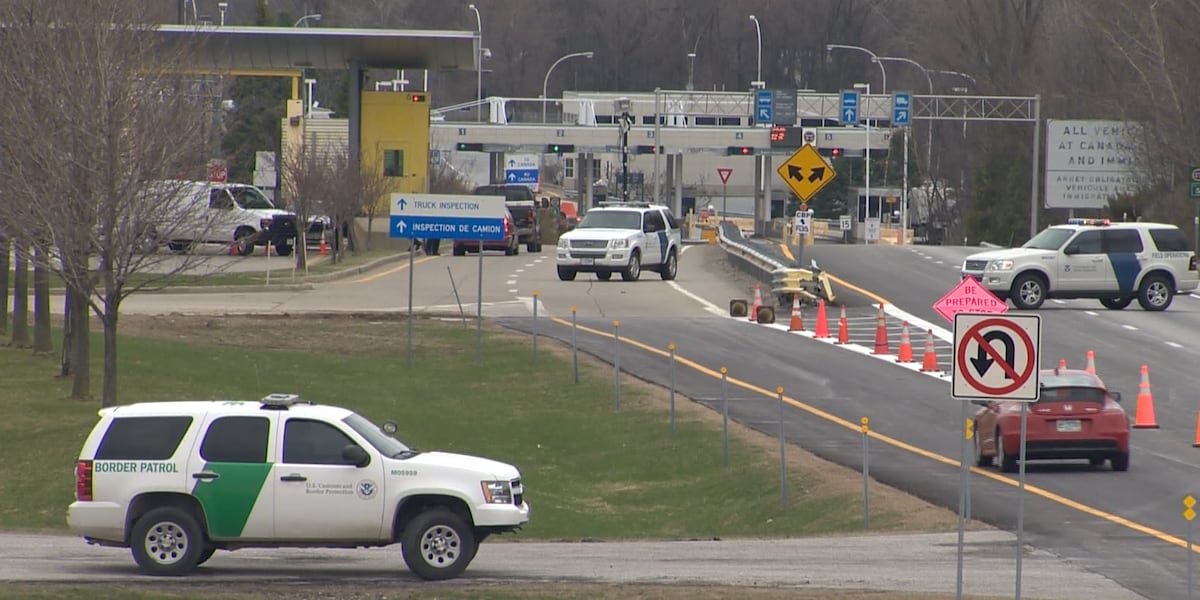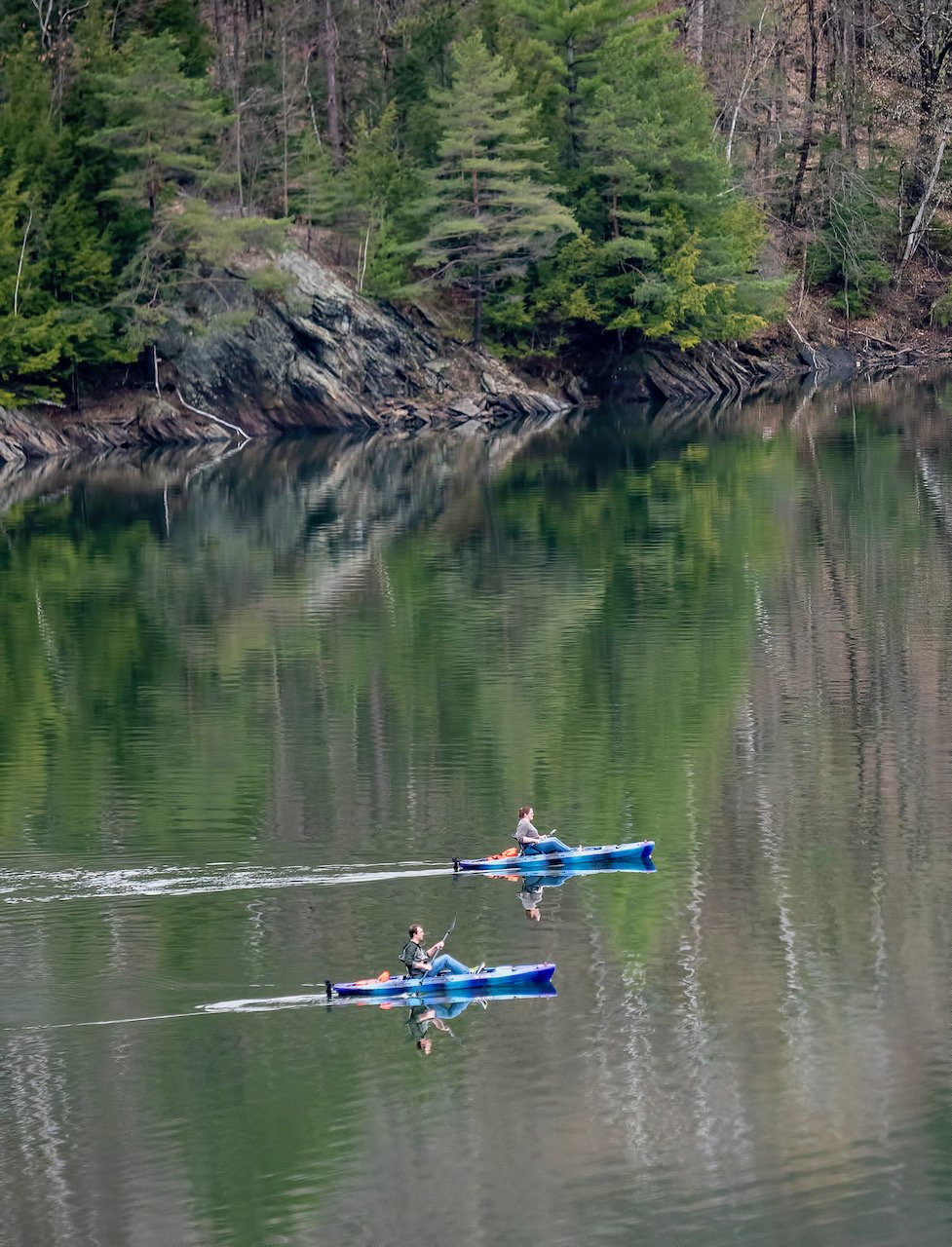Executive Summary
- Vermont and New Hampshire officials warn that water temperatures remain dangerously cold despite warmer air temperatures, posing hypothermia and drowning risks.
- Wearing a life jacket, dressing in layers, checking water temperatures, and filing a float plan are crucial safety measures.
- Cold water immersion can quickly impair muscle function and mental faculties, even for strong swimmers.
Event Overview
As boating season commences, authorities in Vermont and New Hampshire are cautioning the public about the significant dangers of cold water immersion. Water temperatures in the region's lakes, rivers, and coastal areas remain dangerously low, typically ranging from the 40s to 60°F (4.4 to 15.6°C) even as air temperatures rise. This poses a severe risk of hypothermia, cold shock, and drowning, as cold water can rapidly impair muscle function and cognitive abilities. Officials urge boaters to prioritize safety by wearing life jackets, dressing appropriately for the water temperature, checking weather and marine forecasts, and informing others of their boating plans.
Media Coverage Comparison
| Source | Key Angle / Focus | Unique Details Mentioned | Tone |
|---|---|---|---|
| WCAX | Cold water dangers in Vermont | Recommends dressing in layers and wearing a properly fitted life jacket. | Informative |
| Waterbury Roundabout | Vermont State Police warning on cold-water immersion | Highlights the importance of checking the forecast and postponing boating if water temperatures are too cold. | Warning and safety-focused |
| Boston 25 News | New Hampshire officials warning about cold water dangers | Water temperatures often remain below 60°F well into June. | Warning and cautionary |
| laconiadailysun.com | Local law enforcement warning in New Hampshire with incident example | Recalls an incident where a kayaker capsized in early April with ice still in the lake. | Cautionary with real-world example |
Key Details & Data Points
- What: The primary concern is the danger of cold water immersion leading to hypothermia, cold shock, and drowning during early boating season. The water temperatures in lakes and rivers remain dangerously cold, even as air temperatures rise.
- Who: Vermont Department of Public Safety, Vermont State Police Marine Division, New Hampshire State Police Marine Patrol, Alton Fire Chief James Reinert, boaters, kayakers, and recreational water users.
- When: Early boating season, specifically the month of May and into June. Mentions an incident in early April.
- Where: Vermont and New Hampshire lakes, rivers, and coastal areas.
Key Statistics:
- Key statistic 1: Water temperatures are in the 40s to low 50s (°F) in Vermont waterways in May (Waterbury Roundabout)
- Key statistic 2: Water temperatures often remain below 60°F (15.6°C) well into June in New Hampshire (Boston 25 News)
- Key statistic 3: Immersion in cold water can lead to shock, hypothermia, and drowning in just minutes (Boston 25 News, laconiadailysun.com)
Analysis & Context
The consistent message across different sources is the persistent danger of cold water immersion during the early boating season. Despite variations in location (Vermont vs. New Hampshire), the core safety advice remains consistent: wear a life jacket, check water temperatures, dress appropriately, and inform others of your plans. The Boston 25 News article emphasizes that the risk is particularly high in New Hampshire, where water temperatures remain cold longer into the season. The laconiadailysun.com article provides a specific incident illustrating the risks, reinforcing the importance of preventative measures.
Notable Quotes
It’s critical that early-season boaters understand the dangers of cold-water immersion and take precautions to ensure that everyone recreating on the water gets home safely.
When you're on land, you we would imagine most people, even 60-degree temperature, they're properly clothed, they have some sort of insulation going on. Obviously, if you're in the water, even if you're clothed, everything is saturated with that cold water, and it just has that negative impact on you, and it will reduce your internal body temperature rather quickly.
Conclusion
As boating season begins in Vermont and New Hampshire, authorities are actively warning boaters about the persistent threat of cold water immersion. Despite the allure of warmer air, water temperatures remain dangerously low, capable of causing rapid hypothermia, shock, and drowning. By adhering to safety guidelines, such as wearing life jackets, checking water conditions, dressing appropriately, and filing float plans, boaters can significantly reduce their risk and ensure a safer experience on the water. Ongoing vigilance and preparedness are essential for enjoying the waterways during this transitional season.
Disclaimer: This article was generated by an AI system that synthesizes information from multiple news sources. While efforts are made to ensure accuracy and objectivity, reporting nuances, potential biases, or errors from original sources may be reflected. The information presented here is for informational purposes and should be verified with primary sources, especially for critical decisions.










